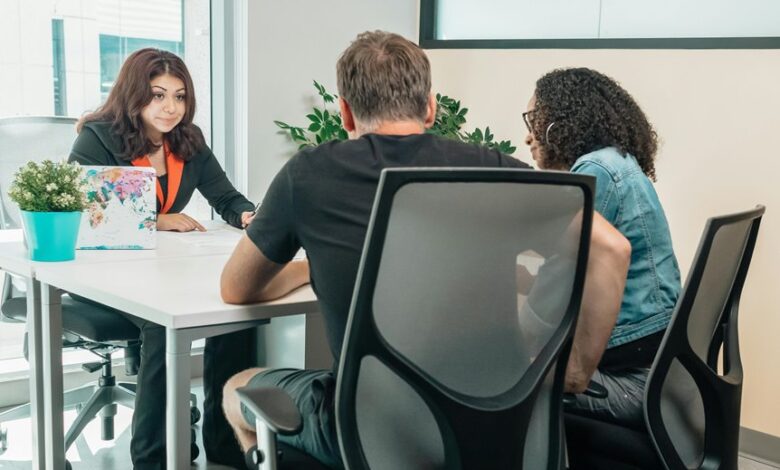Optimize Your Growth 672858449 Digital Solutions

In today’s competitive landscape, businesses must embrace digital solutions to optimize growth. Advanced technology streamlines operations and minimizes errors, while tailored strategies enhance customer engagement. Organizations can leverage data-driven insights for personalized interactions, fostering deeper connections with their audience. However, the true measure of success lies in understanding which metrics to track for ongoing improvement. Exploring these elements reveals the potential for transformative change in business performance.
Understanding Digital Solutions for Business Growth
In the ever-evolving landscape of modern commerce, digital solutions emerge as pivotal instruments for business growth.
Understanding digital transformation is essential, as it enables companies to enhance their online presence and connect with a broader audience.
Key Benefits of Implementing Advanced Technology
While businesses may face numerous challenges in today’s digital age, the strategic implementation of advanced technology offers significant advantages that can enhance operational efficiency and drive growth.
Automation advantages streamline processes, reduce errors, and free up resources for innovation.
Moreover, technology integration fosters seamless communication and data sharing, empowering organizations to adapt swiftly to market changes and unlock new opportunities for success.
Strategies to Enhance Customer Engagement
To effectively enhance customer engagement, businesses must adopt a multifaceted approach that leverages technology and personalization.
Utilizing customer feedback allows organizations to tailor their offerings, while interactive content fosters deeper connections.
Strategies such as gamification, live chats, and personalized emails create immersive experiences, empowering customers and nurturing loyalty.
Measuring Success: Metrics to Track Your Growth
As businesses strive for growth, understanding the right metrics to measure success becomes crucial for informed decision-making.
Utilizing growth analytics enables organizations to identify key performance indicators that drive progress. By tracking metrics such as customer acquisition cost, lifetime value, and conversion rates, companies can strategically assess their performance.
This ensures they remain agile and responsive to market demands while nurturing their aspirations for freedom and expansion.
Conclusion
In conclusion, leveraging digital solutions is pivotal for businesses aiming to thrive in today’s dynamic market. A striking statistic reveals that companies implementing advanced technology can experience up to a 20% increase in customer engagement. This underscores the importance of adopting tailored strategies to foster relationships and drive growth. By continuously measuring success through key metrics, organizations can adapt and innovate, ensuring they remain competitive and responsive to their audience’s needs in an ever-evolving digital landscape.




